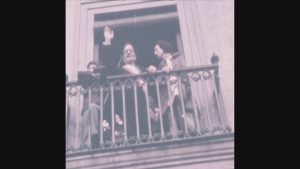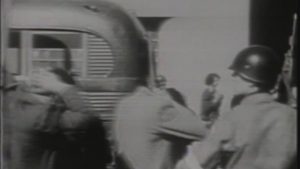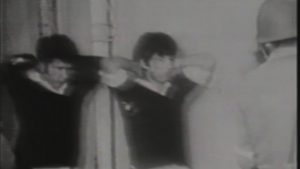
1970
On October 24th, Salvador Allende is elected president of Chile, representing the Coalition for Popular Unity.
At the age of 17, Félix actively participates in the Socialist Party of Chile. Along with younger people, he celebrates Allende’s triumph.
Allende guides the country from the Student Federation of Chile.
Félix listens to the new president’s speech that promises a social change in Chile.

1971
Allende nationalizes 91 companies including copper, Chile’s most valuable mineral.
Félix begins to work in one of the nationalized companies, in a popular supply board, delivering food to the community at a lower price than the private companies.
1973
On September 10th, Allende reveals his intention to hold a plebiscite.
On September 11th the coup d’état takes place. Allende dies in La Moneda Palace.
Félix is in his office, one block away from La Moneda Palace. He witnesses airplanes launch rockets and tanks open fire on the palace. There’s nothing he can do.
At 3pm, a curfew is declared throughout the national territory.

After the coup, Félix leaves his office, fleeing the military seizures.
Factories, public distributions centres and stocks are raided. The people are called to report any betrayal of the Government for being “traitor to the country”.

On October 4th, Félix is arrested by the Secret Service Police. He’s tortured and beaten.
The dictatorship authorizes the National Stadium to become a concentration camp.

Félix is taken to the stadium. There, he is subjected to flagellation and witnesses the other detainees being tortured and disappeared.

On the 21st of November, they move the detainees in the National Stadium, to accommodate the soccer game Chile versus Russia. Russia does not attend the game in solidarity with the victims of the regime.
Félix is transferred to a penitentiary where he spends a year and a half deprived of freedom.
1975
An agreement is signed between Chilean Marine Corps, International Committee of the Red Cross, National Committee for Refugees and the military government which states that detainees without convictions may receive a permit or safe-conduct and leave the country.
The church considers Félix’s legal case and tells him that his only alternative is to leave the country.
Thousands of people seek asylum in diplomatic missions and embassies. The government’s reaction is to install guards around many of these places.
Félix takes refuge in the Italian embassy in Santiago de Chile. He manages to leave Chile.
1984
The organization, Democratic Chile, installs offices in Rome. It helps the exiles return to democracy.
Félix receives a scholarship from Democratic Chile to immigrate to Canada.
1988
A plebiscite is held and 52% of Chile votes for Pinochet not to continue in power.
1990
On March 11th , Patricio Aylwin is elected president of Chile by democratic process. It’s the end of the military regime.
Félix returns to Chile and tries to re-join society. He then decides to return to Canada.
1993
Félix is elected National President of the Canadian Hispanic Congress having worked at the Canadian Immigration and Refugee Court for 11 years.
2017
Since he moved to Canada, Félix has been working against human rights violations.